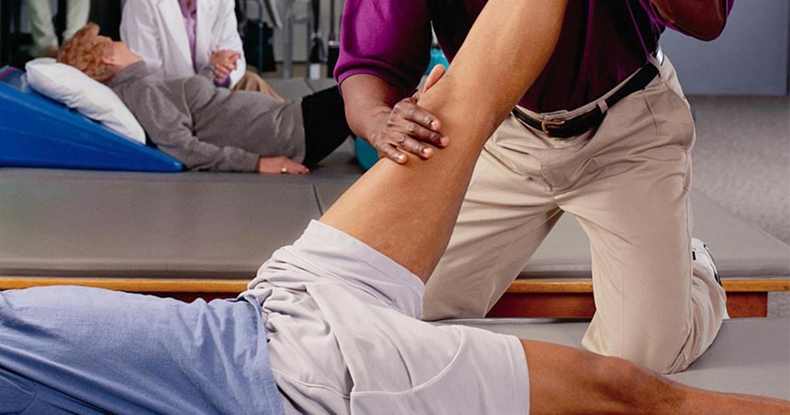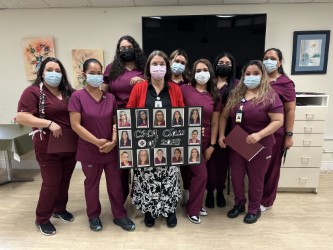Staying Healthy after Cancer Treatments
- Category: Health & Wellness
- Posted On:
- Written By: LVMC

National Cancer Survivors Day is commemorated today as a celebration for those who have survived through a cancer diagnosis and as a way to outreach to the community about key cancer issues.
The National Cancer Survivors Day Foundation notes that thanks to advances in cancer prevention, early detection, treatment and follow-up care, more people than ever before are surviving the disease. In the U.S., more than 16.9 million people are alive today after being diagnosed with cancer, according to the Foundation. Still, those surviving cancer may face enduring physical, emotional and financial hardships after diagnosis and treatment. Cancer survivors are also at greater risk for developing second cancers and other health concerns.
That why it’s so important for cancer survivors to follow a few key suggestions in order to keep healthy.
So, what do you do if you’ve had cancer and are facing life afterward?
- Get your Checkups – When your specific cancer treatment is completed, don’t ignore your follow-up care. Your physician, whether an oncologist or primary care, will have detailed instructions for you based on your need for continuing care. You may need ongoing tests, such as scans or blood tests, which may be able to help your physician find early signs of a new, or the same, cancer.
- Consider creating a Survivorship Care Plan – This is simply a record of your cancer treatment and history and can help you document any checkups or follow-up tests you may need in the future. You can also document any long-term effects from treatment, or ideas for staying healthy. More information is available here: www.cancer.org/treatment/survivorship-during-and-after-treatment/survivorship-care-plans.html
- Make Healthy Choices – According to the Centers for Disease Control, you can lower your risk of getting cancer again or having cancer come back by making health choices, including:
- Staying away from tobacco. Smoking can cause cancer almost anywhere in your body. If you smoke, it’s time to quit. Do your best to stay away from second-hand smoke.
- Limit your alcohol intake. The CDC notes that all alcoholic drinks are linked with some type of cancer. The more you drink, the higher your risk for cancer.
- Be careful of ultraviolet light. Skin cancer is the most common cancer in the U.S., so protect your skin from the sun and avoid indoor tanning
- Watch your weight. Being overweight or obese is linked to more than a dozen types of cancer, according to the CDC.
- Watch your Mental and Emotional Health – During the time following a cancer diagnosis and treatment, you may consider joining a support group, to speak with others with similar experiences. A cancer diagnosis does not just involve your body, but your mind, too. Talk to your healthcare provider about how you are feeling not only physically, but mentally and emotionally.
Many resources are available at cancer.org for those who are cancer survivors or undergoing active cancer treatments. At the same site, you can also check out the National Cancer Survivorship Resource Center at cancer.org/survivorshipcenter. The center has links to a “Life After Treatment” guide, which includes a guide specifically for American Indians and Alaska Natives.






